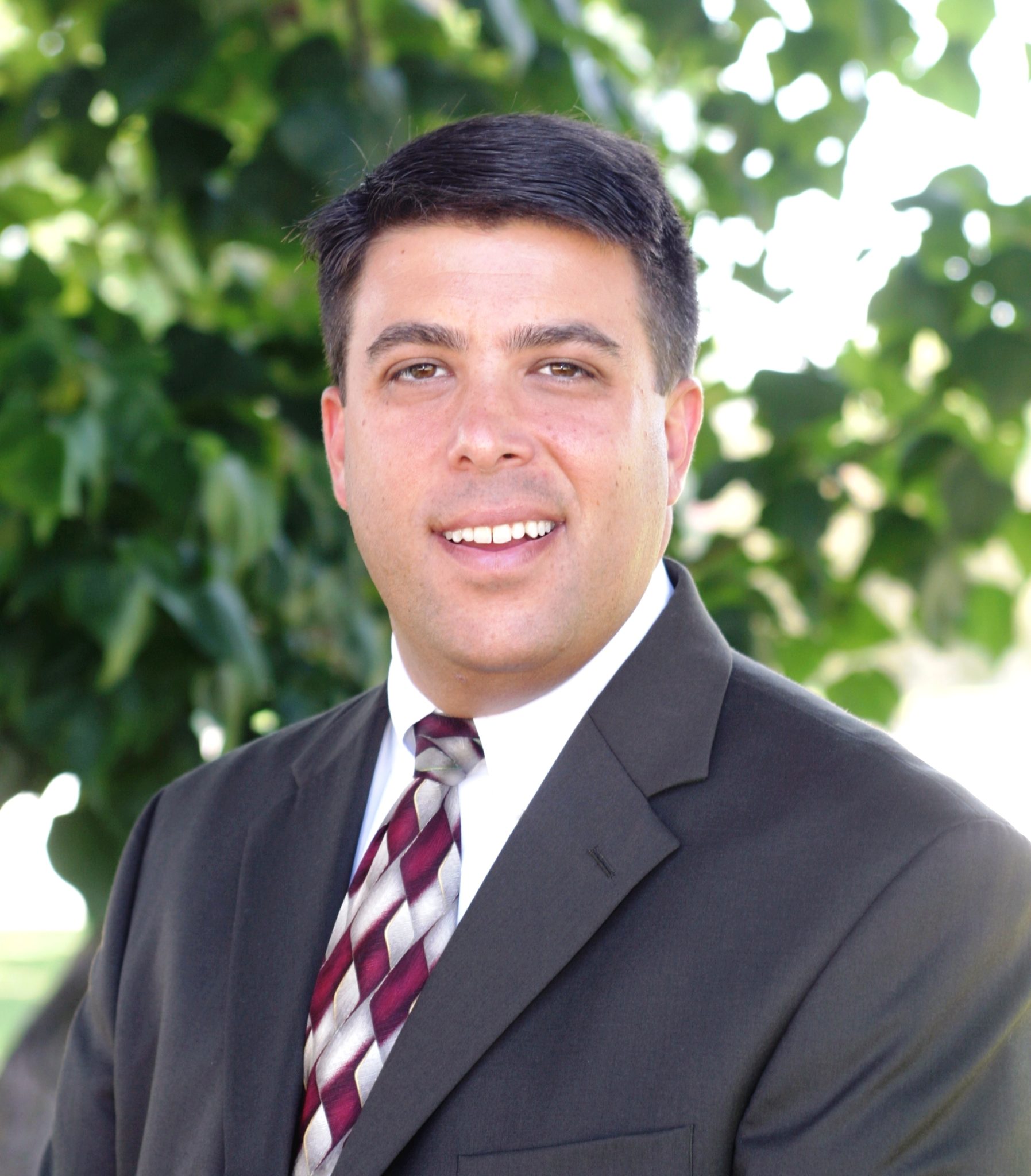 |
| Jon Fleishman of Flash Report |
The case, Arizona State Legislature v. Arizona Independent Redistricting Commission, could decide the fate of California's own 2010 reform Prop 20, and the Citizens Commission which it created.
At first, I was vividly worried about this development, not just because of the loss of potential swing districts, but also because of my current assemblymember David Hadley, the first Republican to represent the South Bay in two decades.
If the Citizens Redistricting Commission gets thrown out, then what will happen to Hadley?
After a brief reflection, I recall that this court case focuses only on the Congressional seats. Taking a deep breath, I was a little more confident that the South Bay could remain in Republican hands in 2016 and after, at least at the state level.
Still, the potential fallout with this decision is disturbing, and should be getting more attention that it currently gets.
 |
 |
| Redistricting forced out the snarky Pete Stark |
Democrats did gain seats in California, but the wins have turned into slowly pyrrhic victories. Even though the California Democratic delegation expanded in 2012 and 2014, the Democratic Congressional Campaign Committee has listed five of their must vulnerable 2016 incumbent Congressman in California.
The time, resources, and major expense of holding onto five House Seats in California will lead to fewer resources, less political manpower for other swing districts around the country. Are five house seats in California worth millions of dollars? Let us not forget that three of those vulnerable House seats are in the LA media market, one of the most expensive in the country.
Couple the rising expense of holding onto a Congressional rep in San Diego and Ventura, the Congressional gerrymandering throughout the rest of the country has all but assured a Republican House of Representatives for the next three terms, at the minimum. How did bright side of a dark scenario happen? In his blind quest for a single-payer health care system, President Obama set up his party for widespread losses not just in Washington, but throughout the country in 2010, and with Republican majorities swelling statehouses, and the decennial census following the next year, Obama ensured his liberal progressive faction a long-term stint in the political wilderness.
How do these developments help California Republicans? Not much.
The fact is, if the Arizona lawsuit succeeds, and the Supreme Court throws out citizen redistricting, we can expect, as Fleishman points out repeatedly, the loss of otherwise winnable swing districts for the rest of the decade. Then expect Democratic partisans (channeling their inner Michael Berman), to force incumbent Republicans into similar districts. Imagine Kevin McCarthy and Steve Knight fighting over the same territory. Ken Calvert and Ed Royce may find their homes spliced into one home district, too.
Will there be Democratic infighting? You bet, especially since state lawmakers will try to carve up congenial seats for their immediate promotion.
As a Republican bent on free market principles winning nationally, I hope that the Supreme Court strikes down the Citizens Commission. As a California Republican, however, I am sad, for I know that the already diminished delegation, from eighteen to fourteen over the last two cycles, will take more hits. Even though National Republicans will hold the popular chamber, their swelling ranks will lose Golden State reps, with their sterling records on foreign policy (Royce) and immigration (McClintock), water (Nunes), and leadership (McCarthy).
 |
| My current (gerrymandered) Congressional District |
At least I won't have a House Rep tied to Agoura Hills and Santa Monica. I may get to see Congressman Ted Lieu fight with State Senator Isadore Hall for a Congressional seat nestled in the heart of the South Bay. As for Republican hopes of representing the South Bay at the federal level, I may have to join the lingering barges in San Pedro harbor and move to different ports of a more conservative political bent.
No comments:
Post a Comment